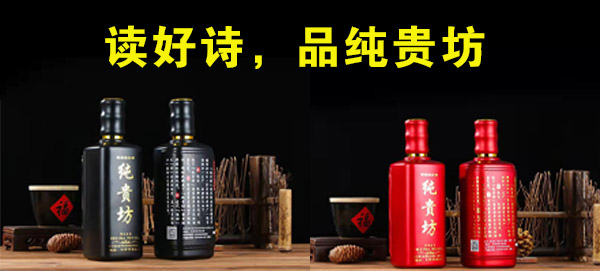导读:石永浩(Anthony Shi),山东财经大学外国语学院副教授,爱好文学翻译,尤好散文、诗词翻译。任混语版《世界诗人》杂志客座总编、美国双语诗刊《诗殿堂》副主编。在《世界诗人》《诗殿堂》《人民日报》等纸版及电子版刊物发表多篇翻译作品,翻译著作一部(山东画报出版社出版)。

主持人
王如利(Wang Ruli)
丁立群(Ding Liqun)
INTRODCUTION
秋去冬来,天寒地冻,万物蛰伏,连诗仙李白都懒得动笔了。不过,冬日不仅有寒冷萧条,也有温暖希冀,“晚来天欲雪,能饮一杯无”不也别有一番情致吗?况且,“冬天到了,春天还会远吗?”让我们跟随石永浩老师一起体验“寒炉美酒时温”“醉看墨花月白”的快乐,并共同期盼一场瑞雪的降临吧。
Autumn gave way to winter. It was so cold that all living things became dormant. Even Li Bai, the Poet Immortal, was too lazy to write. However, in winter, there are not only cold and desolation, but also warmth and hope. Isn't it a special pleasure to invite a friend to stop by for a cup of wine in a snowy evening? Besides, "if winter comes, can spring be far behind?" Let's follow Mr. Shi Yonghao to taste the delight of a cup of "fine wine" and savor the joyful sight of "ink patterns in moon light", and look forward to the first snow of the season.

立冬
【唐】李白
冻笔新诗懒写,
寒炉美酒时温。
醉看墨花月白,
恍疑雪满前村。
Beginning of Winter
Written by LI Bai
Translated by SHI Yonghao
The writing brush frozen, new verse I would not write
The stove blazing, fine wine heated does me delight
Tipsy, I gaze at the ink patterns in moon light
In a trance methinks snow veils the hamlet o'er night
THE TRANSLATOR'S REMARKS
这是唐代大诗人李白的一首小诗, 描写其在立冬之日温酒休闲的情景。翻译此诗第一句就让我破费思量而几欲放弃。英译古诗是否应该韵译国内外争论不休,这种论争对于中国古诗走向海外具有重要意义,值得深入思考和勇于实验。
中国古诗的意境主要在于意象的构建,拙译力求再现原诗的意象,但能否在读者心目中引起共鸣还有待于验证。
This is a poem composed by Li Bai, an outstanding poet in the Tang Dynasty, depicting the scene in which he enjoyed leisure with wine being heated on the Beginning of Winter, one of the 24 solar terms in the Chinese calendar. In translating it, I racked my brain for a good way to deal with the first line, almost to the point of giving up. There have long been heated debates over whether or not the rhymed translation approach is a good choice for classical Chinese poetry translation. Such discussions are of great significance for Chinese poetry translations to be accepted abroad, and it is worth in-depth reflection and bold experiments.
The aesthetic conception of Classical Chinese poems mainly consists in the construction of artistic images. Therefore, in my humble translation I strive to re-construct the images of the original. Whether the translated poem can arouse intended resonance in the readers has yet to be tested.
THE TRANSLATOR'S BIO
石永浩(Anthony Shi),山东财经大学外国语学院副教授,爱好文学翻译,尤好散文、诗词翻译。任混语版《世界诗人》杂志客座总编、美国双语诗刊《诗殿堂》副主编。在《世界诗人》《诗殿堂》《人民日报》等纸版及电子版刊物发表多篇翻译作品,翻译著作一部(山东画报出版社出版)。
Shi Yonghao (Anthony Shi), associate professor of Shandong University of Finance and Economics. His major interests are in literary translation, especially essay and poetry translation. He is Guest Editor of The World Poets Quarterly, and Associate Editor of Poetry Hall. Some of his translations have been published on The World Poets Quarterly, Poetry Hall, People's Daily, etc. A translation work was published by Shandong Pictorial Publishing House.



 京公网安备 11010502045403号
京公网安备 11010502045403号